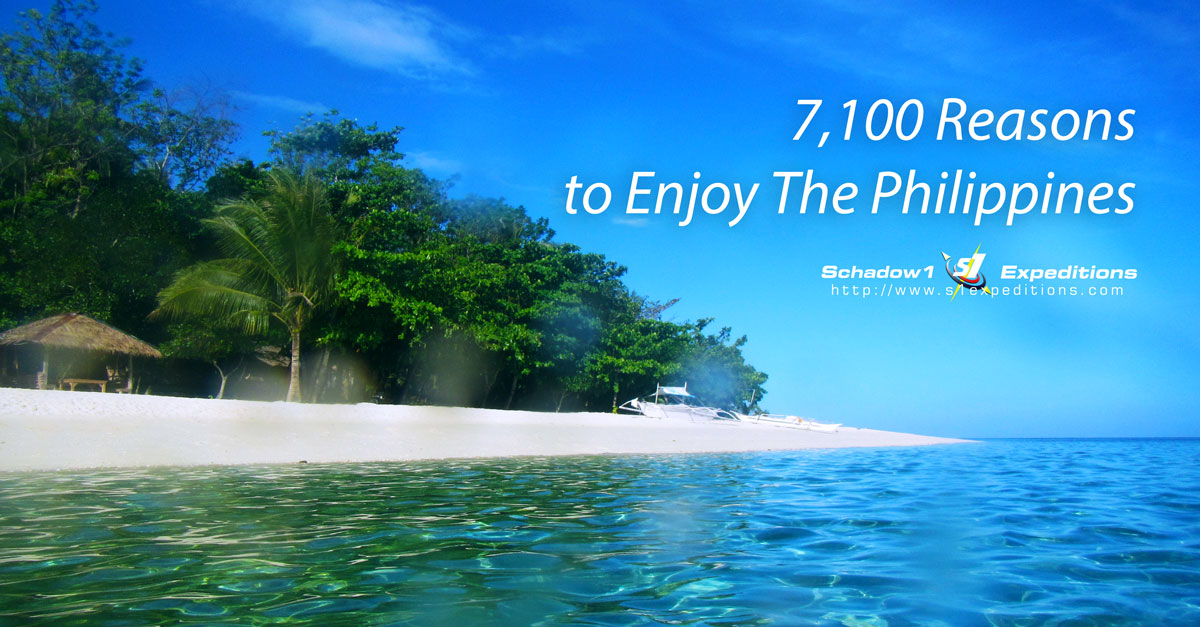The philippines has about 7 100 islands of which only about 460 are more than 1 square mile in area

The Philippines: A Stunning Archipelago of 7,100 Islands

The Philippines, a tropical paradise located in Southeast Asia, is known for its breathtaking landscapes, crystal-clear waters, and vibrant culture. As an archipelago, the country is made up of a staggering 7,100 islands, each offering its own unique charm and beauty. However, not all of these islands are vast and expansive. In fact, only about 460 islands in the Philippines are more than 1 square mile in area, highlighting the diversity and scale of the nation’s land formations.

The Philippines’ archipelagic makeup is a result of its geological history. Situated on the Pacific Ring of Fire, the country experiences frequent tectonic activity, leading to the formation of numerous islands over millions of years. From the northernmost part of the Philippines, Batanes, to the southernmost tip of Tawi-Tawi, these islands offer a wide array of landscapes, ranging from soaring mountains to powdery white sand beaches.
Although only a small fraction of the 7,100 islands in the Philippines are over 1 square mile in area, this doesn’t diminish the natural beauty and importance of the smaller islands. These smaller islands often serve as habitats for diverse marine life and provide breeding grounds for various species. Additionally, many of these smaller islands are popular tourist destinations, where visitors can experience tranquility and seclusion away from bustling city life.
The larger islands in the Philippines, such as Luzon, Mindanao, and Samar, house bustling cities, urban centers, and vast natural wonders. These islands are home to significant portions of the country’s population and offer a mix of cultural heritage, historical sites, and modern amenities. For tourists and locals alike, these larger islands are hubs of economic activity and provide countless opportunities for exploration, adventure, and relaxation.
Moreover, the vast number of islands in the Philippines allows for an abundance of marine biodiversity. The coral reefs surrounding these islands are teeming with colorful fish, pristine coral formations, and even endangered species. Snorkeling and diving enthusiasts are in for a treat when they venture into the Philippine waters, exploring the wonders that lie beneath.
In terms of tourism, the varied sizes and landscapes of the Philippine islands have made it a popular destination for travelers from around the world. Whether it’s seeking an idyllic beach getaway, embarking on a thrilling mountain hike, or immersing in the rich culture of a local community, the islands of the Philippines cater to a wide range of interests and preferences.
It’s worth noting that the Philippines’ geographic diversity extends beyond its islands. The country is also home to stunning waterfalls, majestic volcanoes, lush rainforests, and intriguing cave systems. From the picturesque Chocolate Hills in Bohol to the mesmerizing Tubbataha Reefs Natural Park in Palawan, the Philippines’ natural wonders never fail to leave visitors in awe.
To fully appreciate the beauty and grandeur of the Philippines, one must explore its islands, both large and small. Each island offers a unique experience and showcases the country’s rich natural and cultural heritage. Whether it’s a hidden paradise or a bustling metropolitan area, there is always something enchanting waiting to be discovered in the Philippines, a true tropical gem of Southeast Asia.
Source: Philippine Information Agency
Related Posts
Quick Links
Legal Stuff

